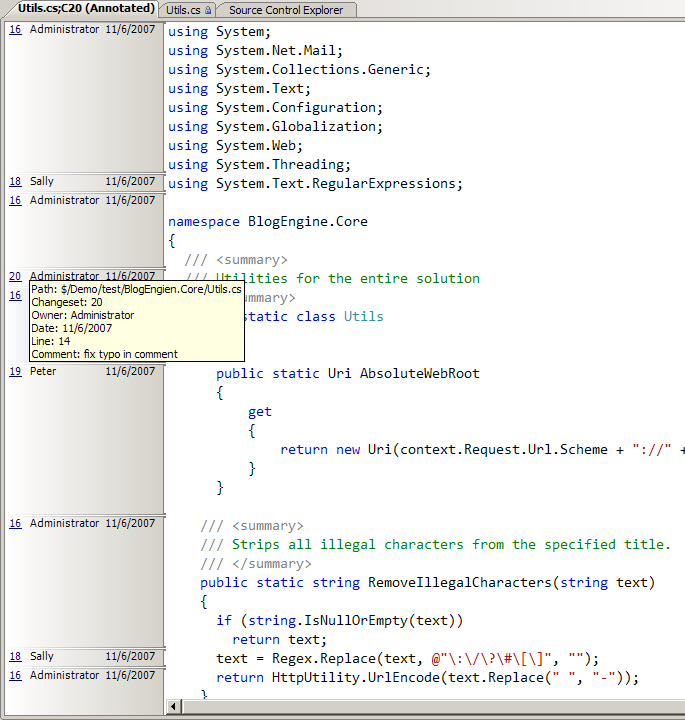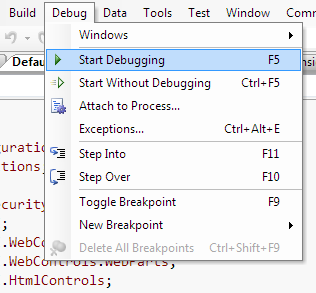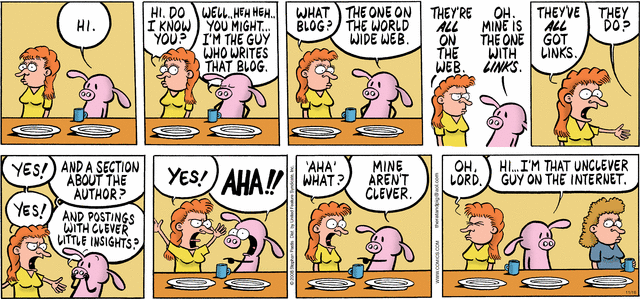
graphics editor
Making Donations Easy
In my continuing quest for a decently full-featured graphics editor that hasn’t succumbed to feature bloat, I recently installed Paint.NET for the first time. I’ll admit that I had low expectations based on the abysmal user interfaces I’ve experienced in other open source projects. Imagine my









